Why Does Your Cat Eat Your Other Cat's Whiskers?
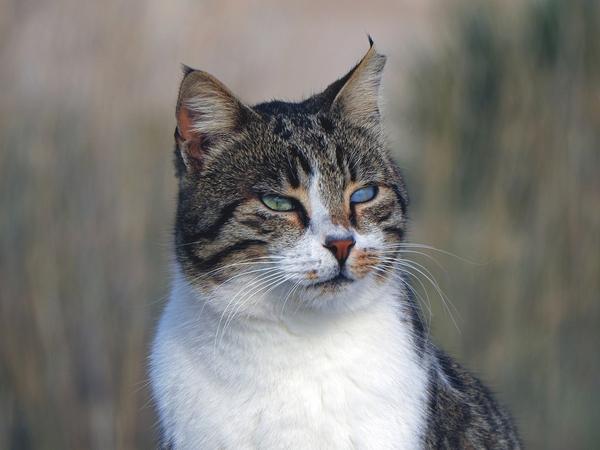
Look, here's the deal:
Cats can be weird little creatures.
But there's one behavior that might have you scratching your head and wishing you could pull your hair out like your cat pulls out your other cat's whiskers. 😱
I mean, seriously, what's the deal with that?
It's like your cats are playing a twisted game of "Whisker War."
But fret not, my frustrated feline friend, because in this I Care for Cats guide, I'll unravel the mystery behind this whisker-eating madness and give you some advice on how to put a stop to it.
Let's dive in and save those precious whiskers!
Why Do Mother Cats Chew Off Kittens Whiskers?
Mother cats chew off kittens' whiskers to protect them from danger and prevent them from getting lost. It can also be a result of rough play or accidental biting during grooming sessions. However, whisker-chewing can be uncomfortable for kittens and may require veterinary attention if injuries occur.
Let me explain why mother cats chew off their kittens' whiskers. Whiskers are crucial for cats, acting as a GPS system to navigate their surroundings. It's like having a cat radar!
But when it comes to their kittens, mama cats have this instinctual urge to protect them. And sometimes, that means chewing off their whiskers.
Yep, you heard that right.
Mother cats nibble away at their kittens' whiskers to ensure they stay safe and avoid dangerous places.
Those little whiskers can be a liability for curious kittens who aren't worldly-wise yet.
Whisker chewing isn't just limited to protective measures, though.
Kittens tend to play rough, especially with their littermates.
In the midst of their grooming sessions or rowdy antics, whiskers can get accidentally bitten or pulled out.
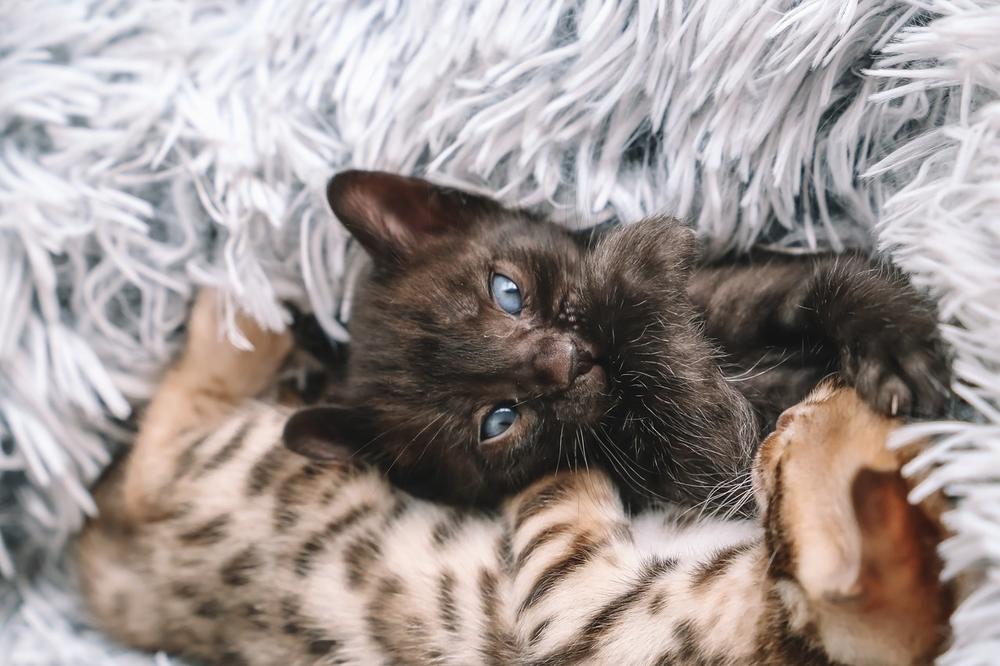
This whisker-chewing shindig is most common among younger cats and tends to decrease as they mature. It's just a phase they go through, you know?
Now, here's an important warning.
While whisker-chewing might be natural, it can be uncomfortable for your kitty.
Whiskers can get hurt, bitten, or even cut off during shedding and regrowth.
Ouch!
But sometimes, cats chew on each other's whiskers not because they're mean, but to assert dominance or show some love during grooming sessions. It's their way of saying, "I'm the boss around here" or "Hey, pal, you're my best bud!"
In addition to that, a momma cat munching on her kittens' whiskers serves a few other purposes. It helps keep the little furballs clean, prevents them from getting lost, and can even stimulate their appetite.
Talk about multitasking!
So don't panic if you catch your cat with whiskers in her teeth. It's all part of their feline je ne sais quoi.
Just keep an eye out for signs of discomfort or injuries and consult your veterinarian if you're concerned.
Main points I'll expand upon further down this article:
- Assess your cat's behavior for signs of distress or harm.
- Whisker chewing in cats can have various causes, such as excessive grooming or stress.
- Cats may eat another cat's whiskers for dominance, grooming, or bonding.
- Recent changes or new pets/people in the house can trigger anxiety-related behaviors.
- Dominant older male cats may chew off younger males' whiskers to assert dominance.
- Bonded cats engage in grooming behaviors like biting and licking each other's whiskers.
- Provide physical playtime, mental stimulation, and vertical space for proper management.
- Redirect your cat's energy with toys and playtime.
- Whiskers are important for a cat's balance and expression of emotions.
- Chewing on their own whiskers is usually not a cause for concern in adult cats.
When Should You Intervene to Stop Cat From Eating Whiskers?
If your cat shows deep bite marks or signs of too much stress or aggression, it's time for you to step in and do something about it.
Because let's face it, no one wants their cat to be unhappy.
So first, you need to take a close look at their behavior.
Are they acting differently than usual?
Is there any hint that something might be bothering them?
After assessing their behavior, you have to figure out if it's just a temporary phase or if there's something more serious going on.
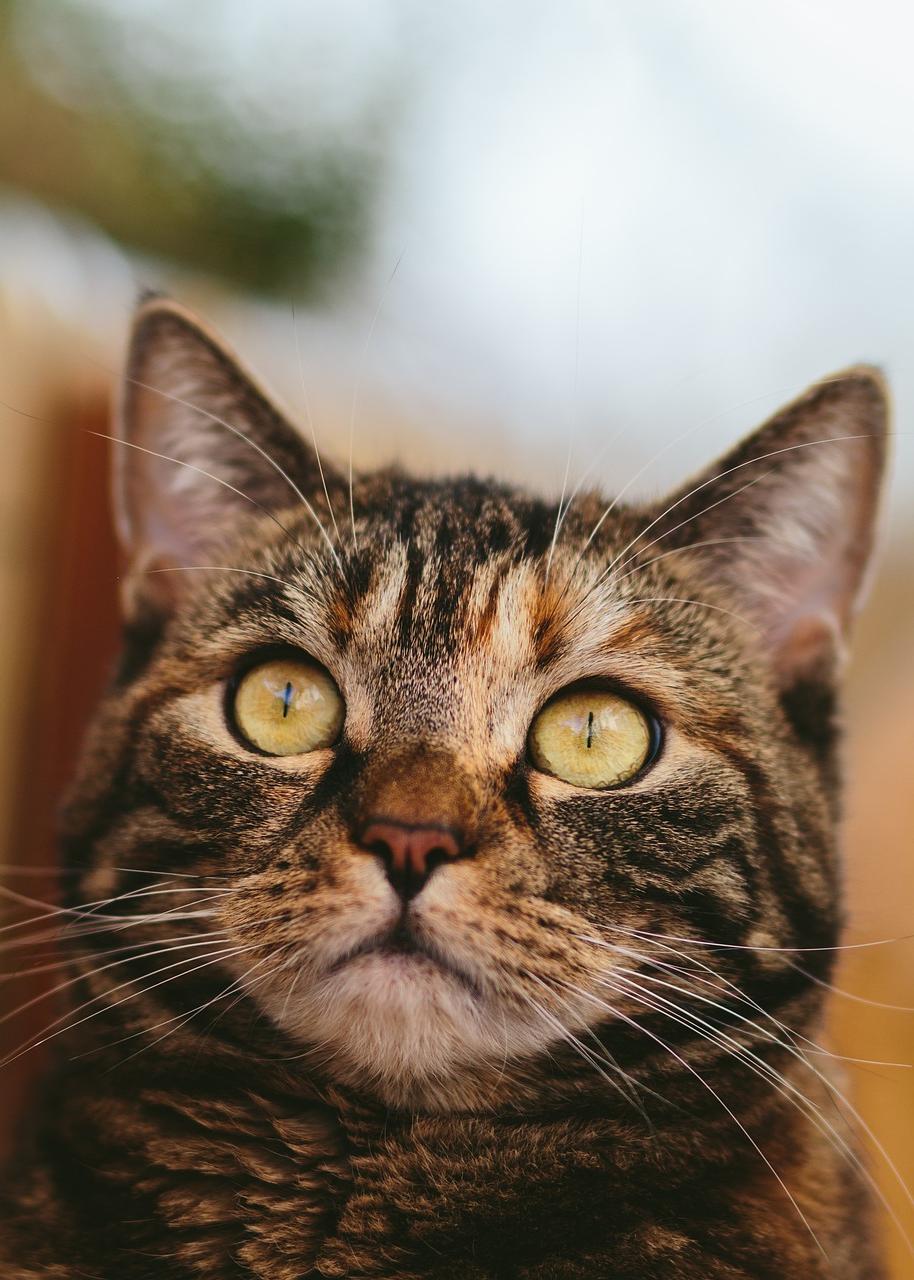
Here are some signs that suggest you should absolutely do something:
- If they suddenly become aggressive towards other animals or even humans
- If they're hurting themselves by constantly biting or scratching
- If they're obsessively grooming or licking one area, causing hair loss or irritation
- If they stop eating or quickly lose weight
- If they keep hiding or isolating themselves from everyone else
Once you notice any of these signs, it's time to take action.
Don't hesitate to reach out to a vet or an animal behaviorist who can help identify the root cause and come up with a plan to make things better for your cat.
You hold the well-being of your cat in your hands, so don't wait around when they need help. 😺
Now that you understand the signs to look for when your cat is feeling distressed or unsettled, it's important to address any concerns you may have.
If you notice your cat becoming restless or agitated during rainfall, it could be a sign of a bigger issue.
That's why I advise you to explore my article on Why Do Cats Go Crazy When It Rains.
This informative guide dives deeper into the fascinating reasons behind cats' behaviors during rainy days.
Preventing Common Reasons for Cats Eating Whiskers
If your cat is constantly munching on its whiskers, there are steps you can take to prevent this behavior. Here are some practical ways to stop cats from eating their whiskers:
- Provide enough physical playtime and mental stimulation to redirect your cat's energy away from their whiskers.
- Invest in interactive toys and puzzles that keep your cat engaged and mentally stimulated.
- Create a calm and stress-free environment for your cat by minimizing changes and introducing new pets or people slowly.
- Offer vertical space such as cat trees or shelves where your cat can climb and explore.
- Ensure your cat's diet is balanced and contains appropriate nutrients, which may help reduce abnormal behaviors.
- Monitor interactions between cats to avoid dominance-related whisker chewing.
- Regular grooming sessions can help satisfy your cat's need for grooming and reduce the urge to chew whiskers.
- If whisker chewing persists, consult with a veterinarian to rule out any underlying medical conditions or anxiety issues.
Each cat is unique, so finding the right approach may require some trial and error.
By following these tips, you can help your cat break the habit of whisker chewing and improve their all in all well-being.
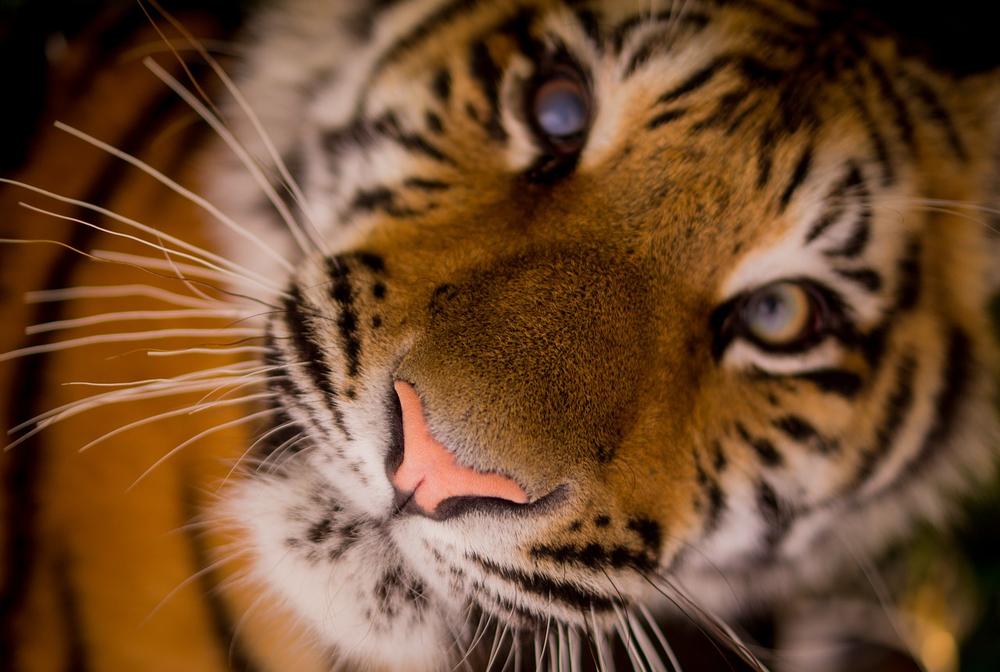
But what if your cat's whisker chewing persists despite your efforts?
Is there more to this behavior than meets the eye?
Understanding the underlying reasons why cats engage in whisker chewing can provide valuable insights into finding effective solutions...
Can Eating Whiskers Harm Cats?
Whisker shedding is a natural process, just like how hair falls off your head.
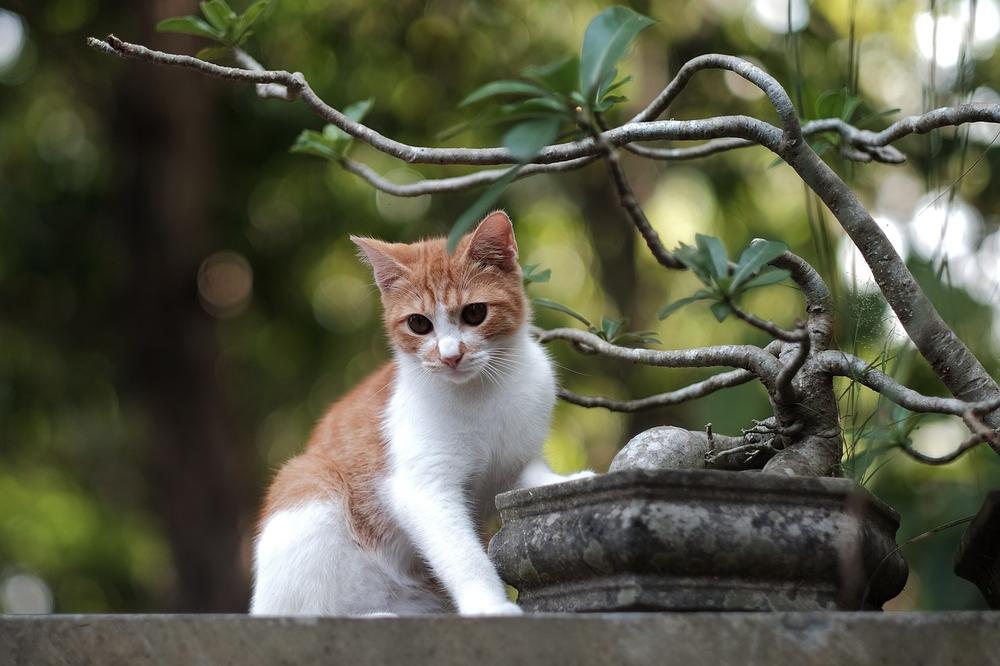
But if your cat keeps chewing on their whiskers all the time, that's not good news — especially if it causes them pain or injury.
You have to understand, whiskers are a cat's personal GPS system. They help kitties navigate their surroundings and communicate their emotions. Messing with those sensitive sensors by biting or yanking can really hurt your furry friend.
However, when it comes to grown-up cats, chewing on their own whiskers isn't usually something to worry about.
And that wraps up today's article.
If you wish to read more of my useful articles, I recommend you check out some of these: Why Does My Cat Purr and Bite Me, Why Does My Cat Purr When He Sees Me, Why Does My Cat Want Me to Watch Her Eat, Why Does My Cat Play in the Litter Box, and Why Does My Cat Sit in the Bathtub
Talk soon,
-Sarah Davis